Performing arts
24 | 04 | 2021
Museo Universidad de Navarra
What is happening to the elderly in this crisis? What is more important: life lived or life to be lived? How has the social role of the elderly changed in our society? These and many other questions, seasoned with the feelings and emotions provoked by the situations derived from the pandemic, concerned José Manuel Garrido, artistic director of Museo Universidad de Navarra until December 2020, from the first moments of the crisis. It is from that concern that this project stems.
Life lived and to be lived has been developing at a theoretical level to become an invitation to older people. An invitation to participate in the common construction of a reflection in the form of collective dramaturgy with the support of an artistic team and a group of experts from various fields.
Art and culture have been, since the origins of humanity, the way in which human beings, especially during great crises, have asked questions and offered answers to themselves. Artistic disciplines also have a beneficial effect on the people who practice them, providing them with new tools to understand and understand themselves in their own reality.
In today's society it is also evident that it is no longer possible to develop artistic processes without the participation of the public.
Garrido began working on a theatrical project that would address all these questions and reflections, situations lived and suffered, from different approaches. A dramaturgy in which elderly people from the city, thinkers and specialists in psychology would participate. Tomás Muñoz, theater and opera director, joined the project at a very early stage.
The conversations between the two have been generating a theatrical project in which there is no previous text, but rather the participation of the elderly and the interaction of the group with the artistic and scientific team will produce a dramaturgical text in rehearsals that will give shape to the final play.
The theatrical project will also have an audiovisual component, a document that narrates how the process has developed. An open process in which we will all enjoy the result... whatever it may be.
A group of people, preferably over 65 years of age, will work together for several weeks in the Museum accompanied by the artistic team, always following all hygiene and safety rules including the mandatory mask and social distance.
They are not professional actors or actresses, in fact, no previous theatrical experience is required. They are people with different social circumstances, who want to participate in the play, in the planned rehearsals, with their own experience and know-how, breaking with the idea that the elderly constitute a homogeneous block. A group that seeks to contribute by experimenting with theatrical play.
All interested persons will participate in the initial meeting, which will serve as a contact point for the formation of the sharing group.
After the initial meeting and the formation of the casting group, work will begin directly on the project with the support of the artistic team. Rehearsals will take place every Friday, Saturday, Sunday and Monday between March 4 and 28 from 5 pm to 9 pm. Holy Week and Easter will mark a period of rest between April 1 and 11. After this time, rehearsals will resume on April 15, now on a daily basis from 5 to 9 p.m. until April 23, eve of the grand premiere at the theater of Museo Universidad de Navarra.
Throughout the weeks of the project, the group will be visited by experts from very different fields who will propose topics for reflection and provide knowledge from very different fields, all of them related to the work and its central theme. Dancer and choreographer Dani Pannullo and set designer and image expert David Bernués will be part of these visits during which the project will take shape.
The costume design, learning about the processes of learning or aging, as well as theatrical processes... All the details will be added week by week to the construction of this common and shared work, so that everything will be ready on the day of the big premiere. April 24 at 7.30 p.m. at the Theater Museo Universidad de Navarra.
Premiere. The curtain rises. The stalls are full, although the seating capacity is reduced to comply with the established rules, the truth is that no one else can fit. The group has decided to make an effort and offer a second session on Sunday, because there was a great demand for seats.
The naturalness, emotionality and complicity of the cast captivates the audience. Some can't help but let a tear of empathy, joy, sadness, community...
And at the end, before the echo of the last sentence dies out, the audience erupts in a standing ovation. Standing up, they demand a new salute, perhaps wishing the experience to last a little longer.
Thank you for sharing this project with us. Thank you for being part of it.
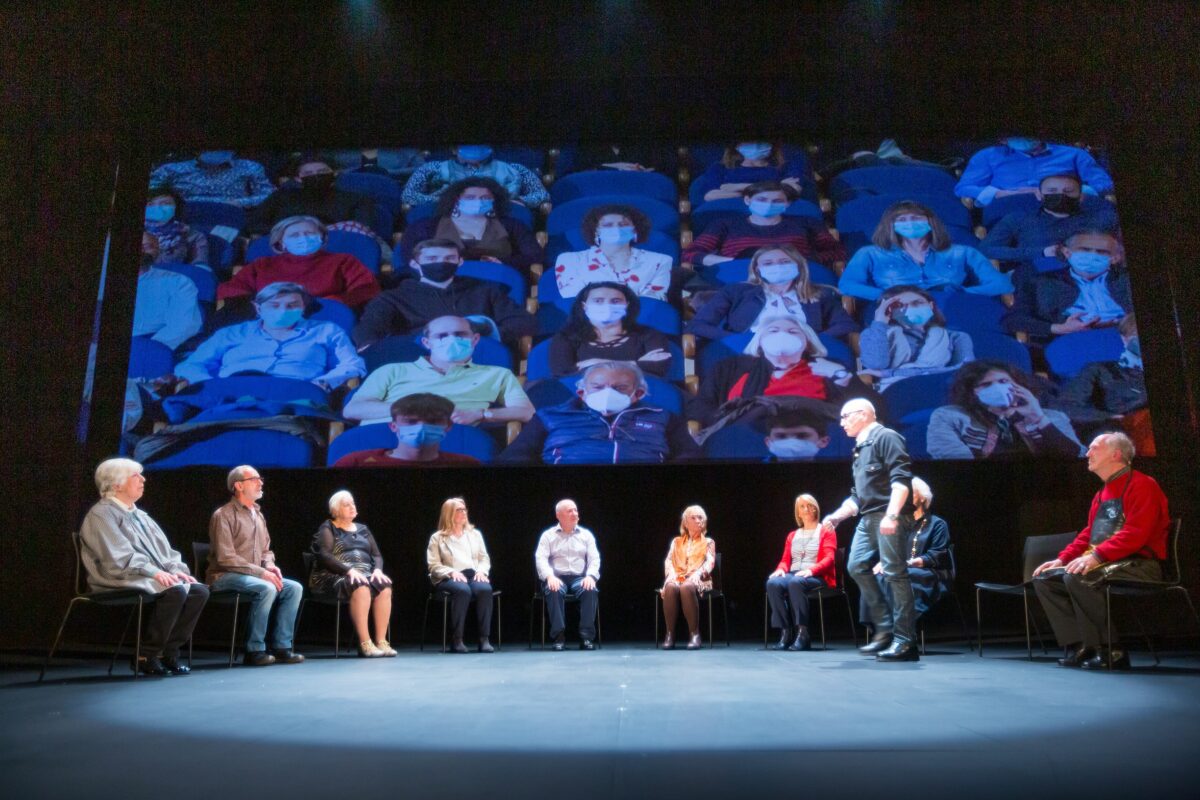
Photos: Manuel Castells
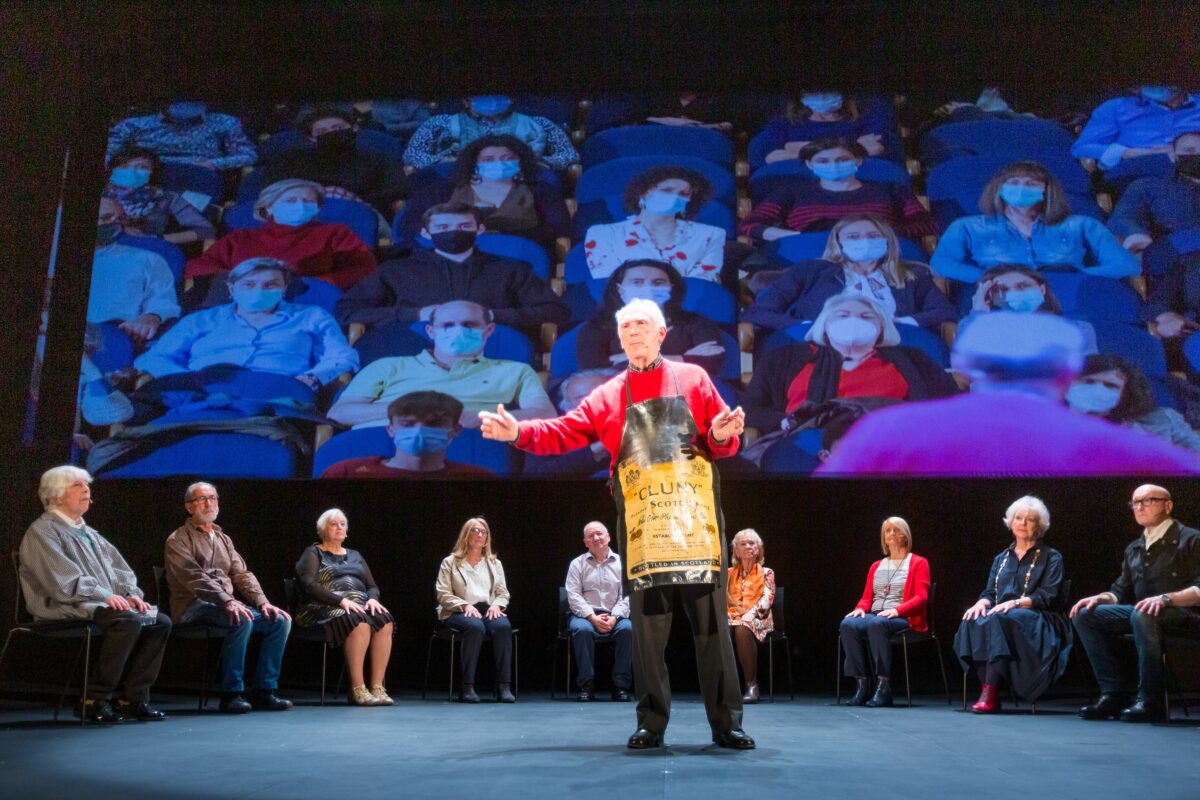
Photos: Manuel Castells
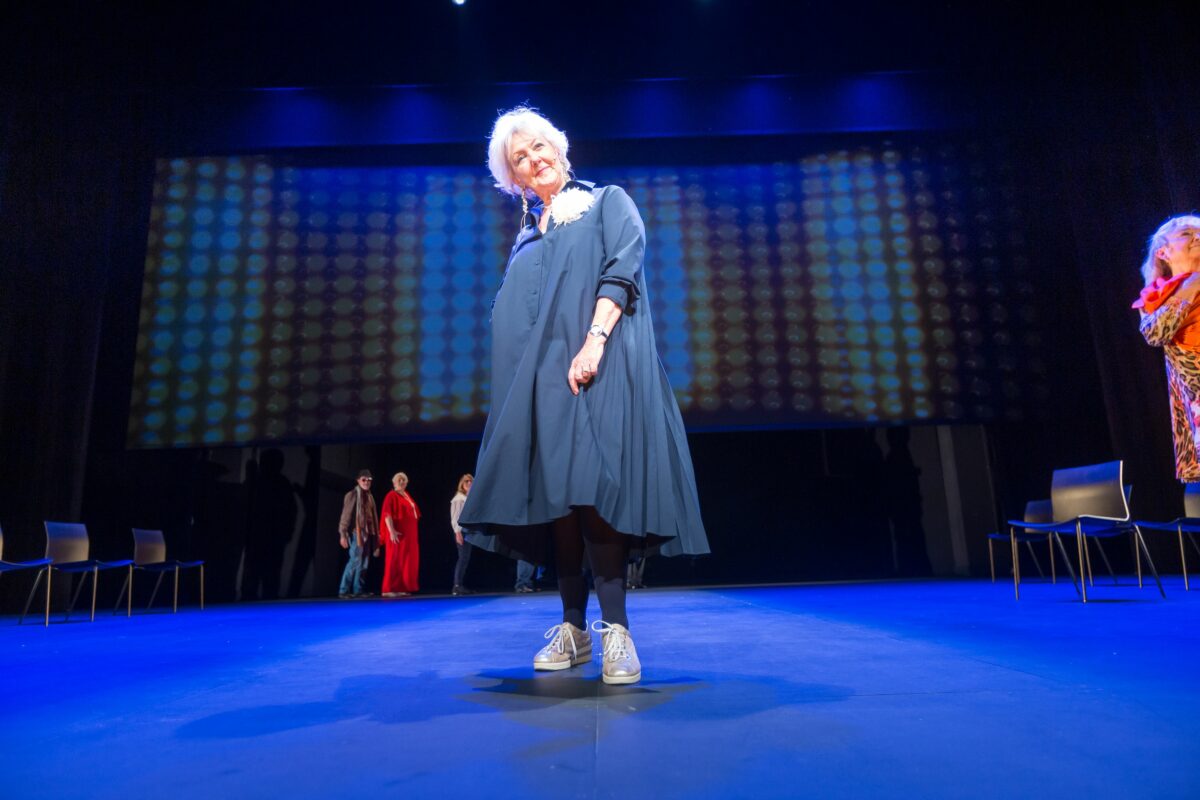
Photos: Manuel Castells
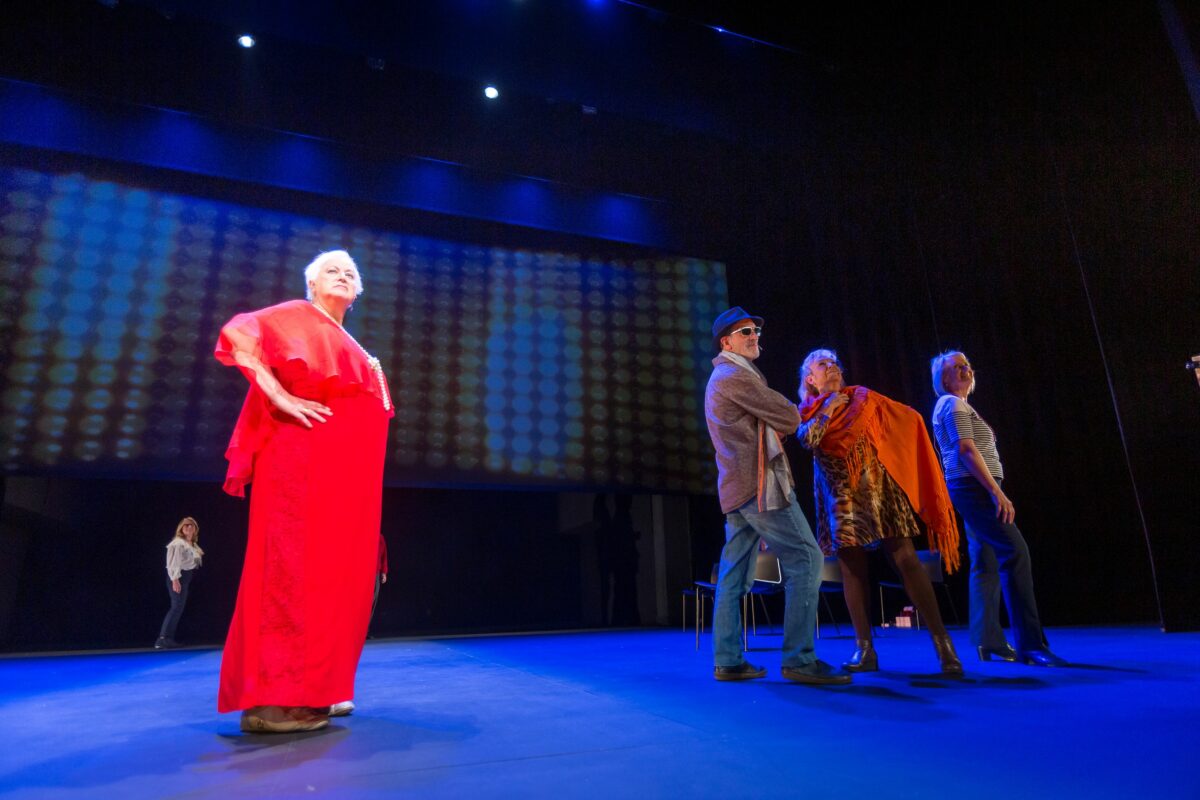
Photos: Manuel Castells
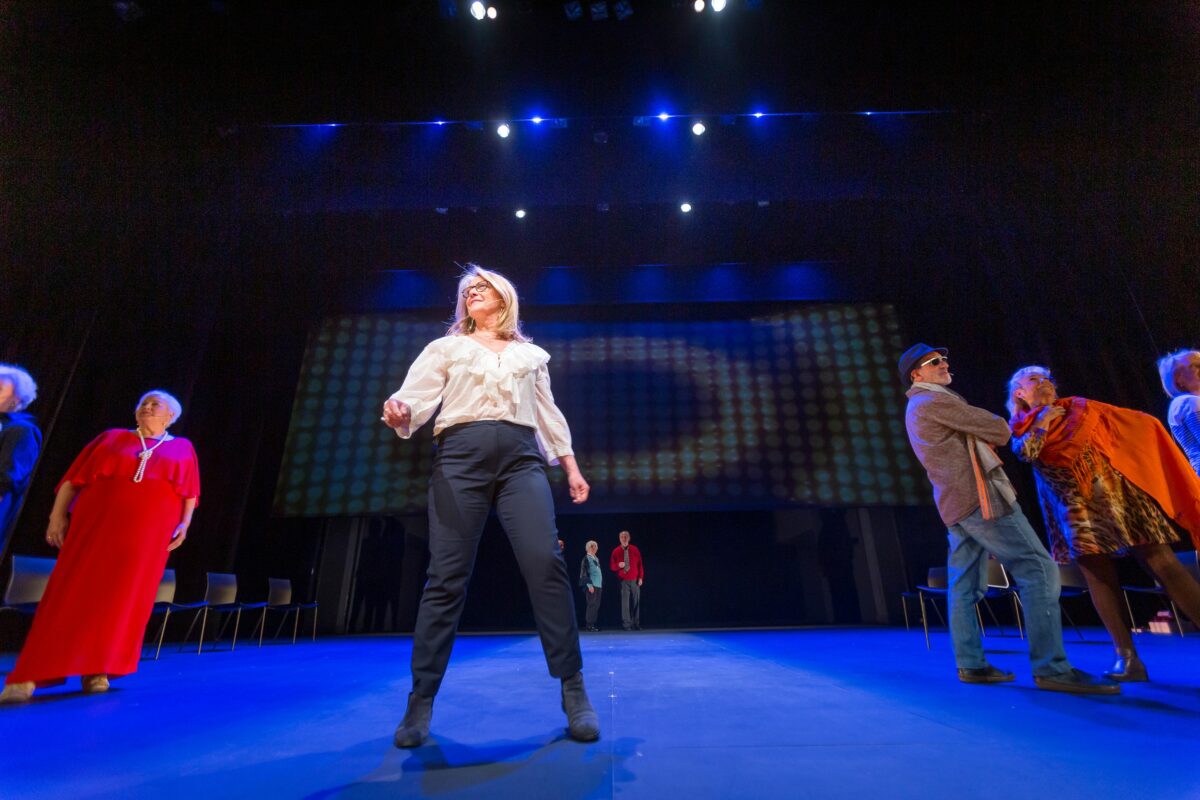
Photos: Manuel Castells
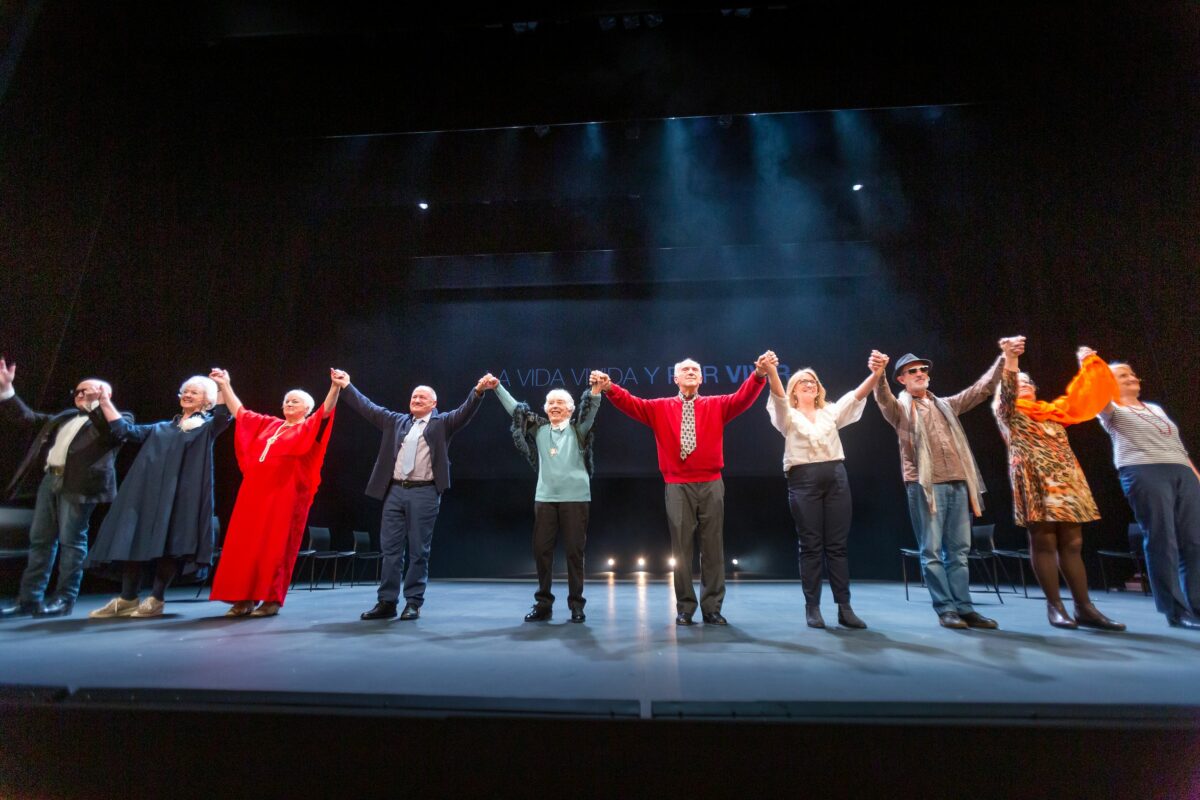
Photos: Manuel Castells
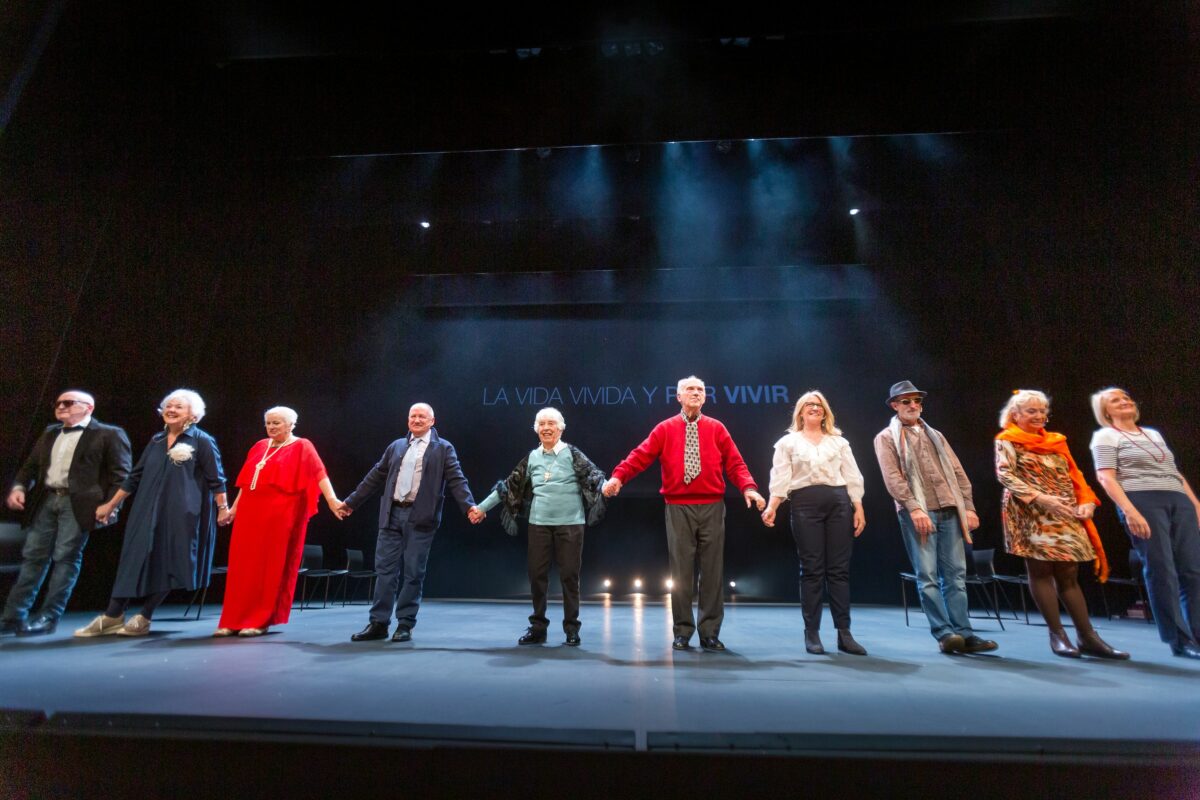
Photos: Manuel Castells
Days of preparation, of trying on costumes, of rehearsing roles, of working individually with Pepe, with Tomás, with the artistic team, to perfect each one's role, their stage presence, the freshness of their dialogue.
The cast and artistic team have created a small ecosystem woven of complicity, of personal relationships that go beyond today and will probably last beyond opening day.
Last practical touches: the PCR to be able to act without a mask, all safety protocols are few. It is time to show the work to the public, it is time to reflect on what this project has been.
<style="display:none;">
<style="display:none;">
<style="display:none;">
<style="display:none;">
After Easter the team has reinforced the rehearsal schedule. Every day the cast meets with the artistic team, Dani Pannullo helps with the choreography... with everyone's support, the technical part of the scenery and costumes progresses.
The members of the team work together and those members of the cast who require closer monitoring, have any need or require support in the development of their roles in the play have the close support of Pepe Galera.
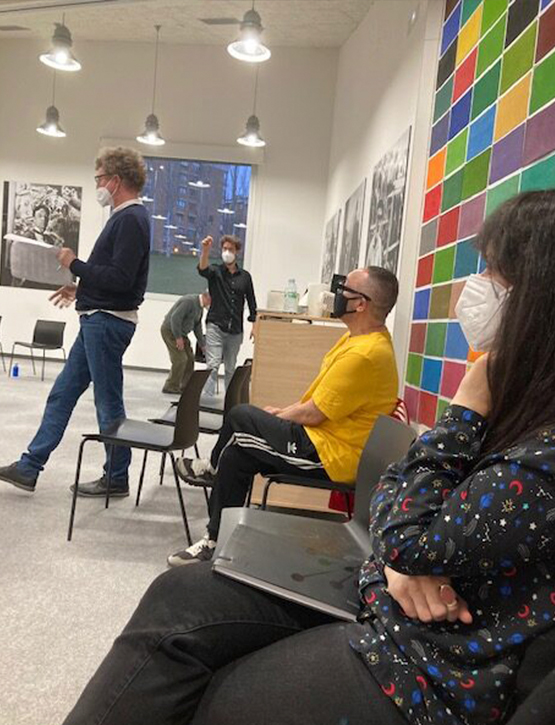
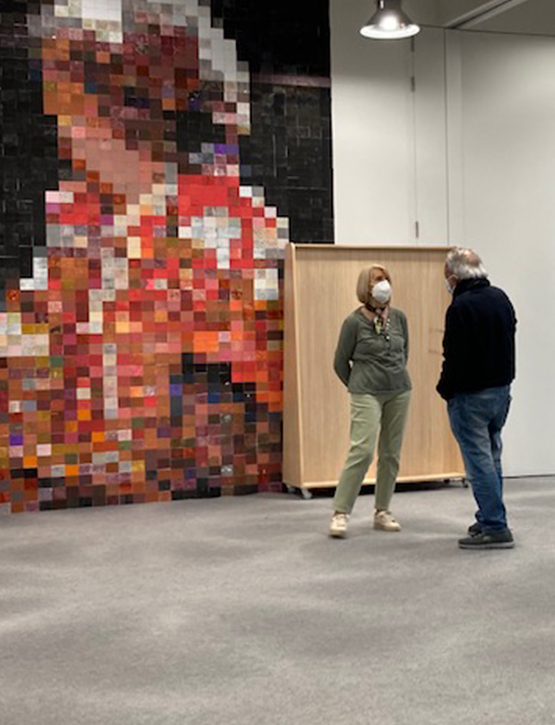
The scenarios are combined. From the Civivox Condestable center, kindly provided by the City Council of Pamplona, to the workshops of the Museum. The group rehearses their texts while receiving a visit from José Manuel Garrido, the driving force behind the idea.
The body moves and accompanies the design of the choreography. The music adds a new layer to the work. The music and the rhythm wrap the texts by the hand of the choreographer Dani Pannullo, who manages to harmonize the movement with the essence and the libretto of the project.
It may seem simple to reflect on the "meaning of life. The question becomes more complicated when we personalize it and reflect on the "meaning of our own life". Delving into our own experience is a challenge in which emotions and experiences, reasons and memories merge and mix... The origin of philosophy and its sister, psychology, lies in the human need to know, to find out the why of the things that concern us as human beings.The cast of La Vida Vivida y por Vivir was supported this weekend by Nuria Garro, doctor in education and psychogeriatrician, and Ibis Albizu, doctor in philosophy. Both experts accompanied the group on a journey through time and memory. A journey that is enjoyed in the present and takes us, without conclusions but with a new baggage, towards the future.
Sharing in group with the presence of Manuel Martín Carrasco, psychogeriatrician of important trajectory in our country, author of articles and publications on the effect of the pandemic on our mental health, brings light and an expert point of view to the reflections of the whole team. The philosopher and writer Pablo D'Ors joined these sessions, further enriching the rich reality that will shape the booklet.
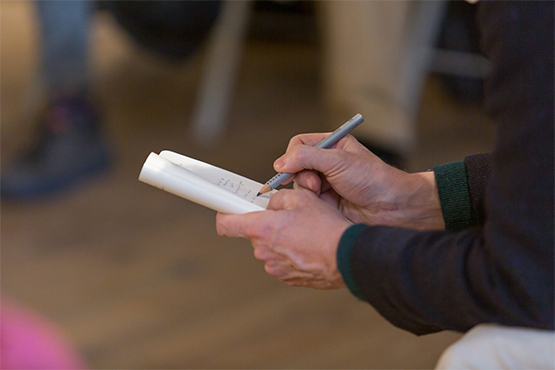
The script is taking shape
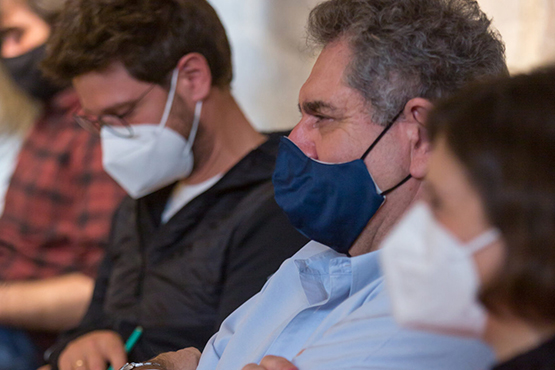
Manuel Martín Carrasco participates in the reflection
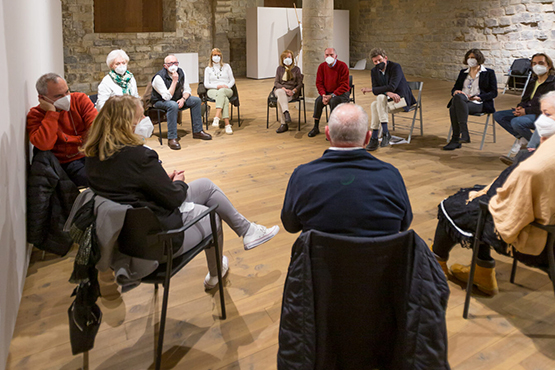
Moments to listen and share
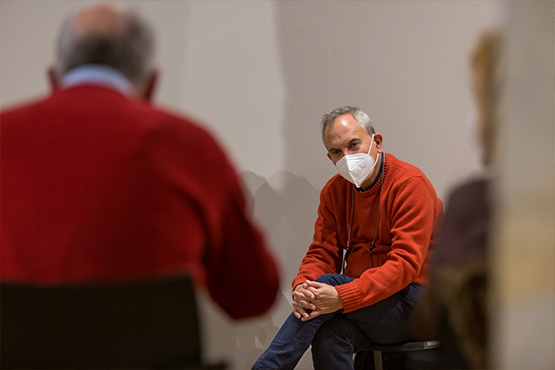
Pablo D'Ors listens in silence
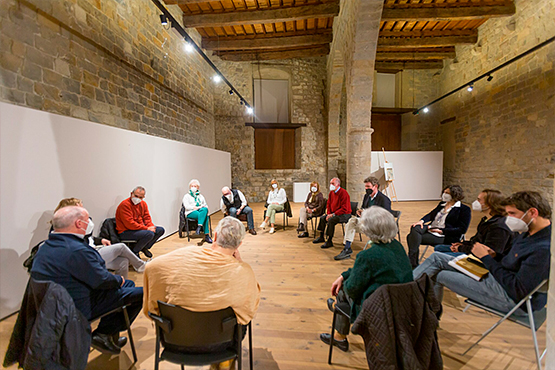
The circle makes us equal, it invites us to share
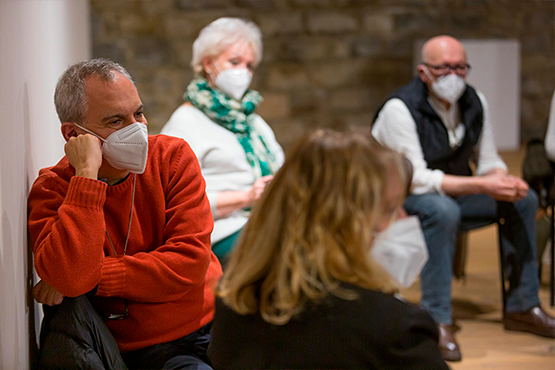
Active listening of the whole group
The team, already selected, works together in the facilities of the Condestable, thanks to the collaboration with the City Council of Pamplona. The work is carried out through dynamics guided by the artistic team. The plot lines of the project are beginning to be drawn.
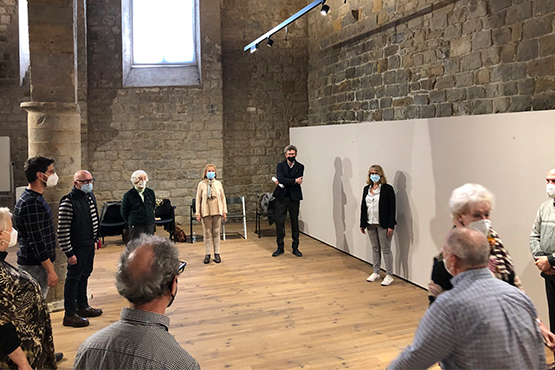
Photography: MUN Team
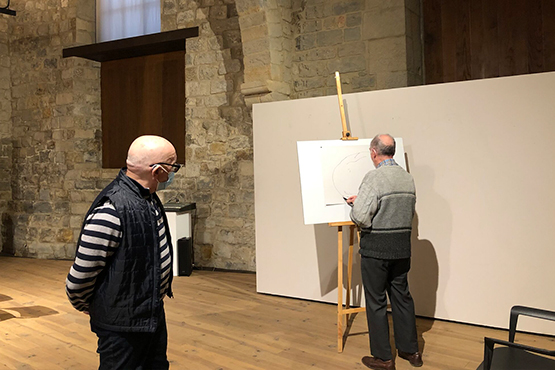
Photography: MUN Team
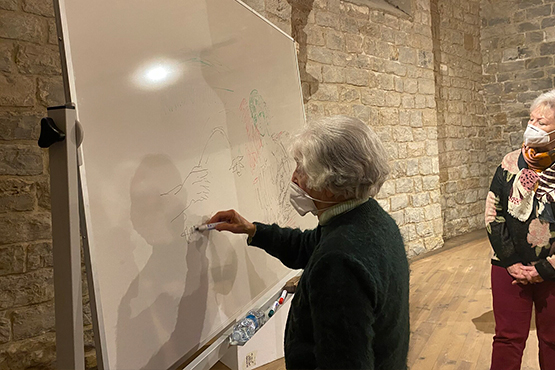
Photography: MUN Team
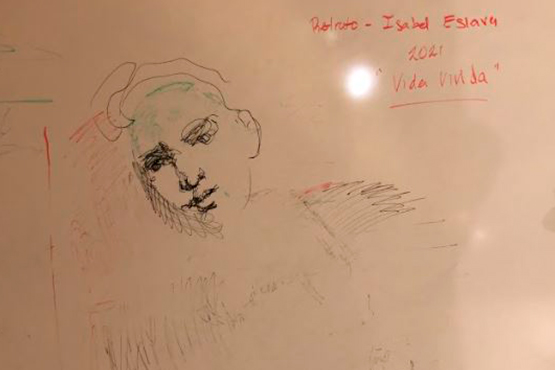
Photography: MUN Team
LIFE LIVED AND TO BE LIVED begins. The group of elderly people interested in participating, meets with the artistic team to share the guidelines of the collaboration, the motivations of each person, their interest in the project... The experiences and concerns begin to weave a web of complicity with the work. Among them is the cast of participants.
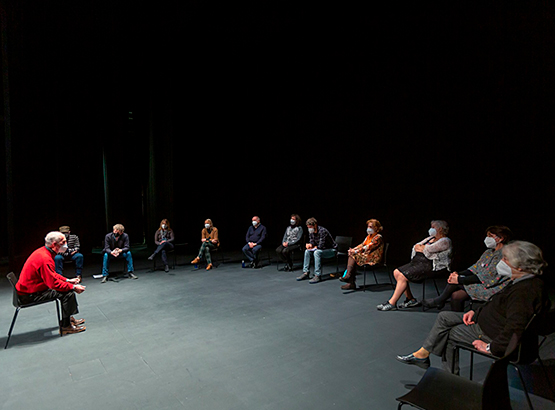
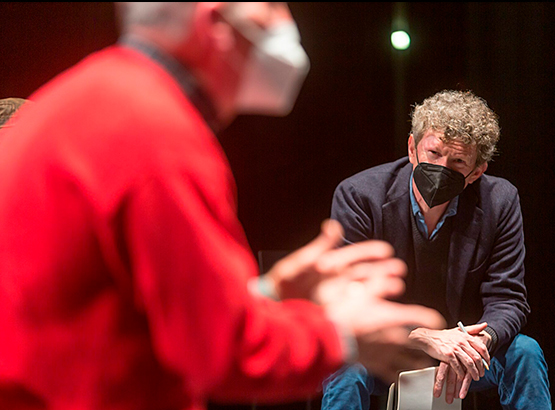
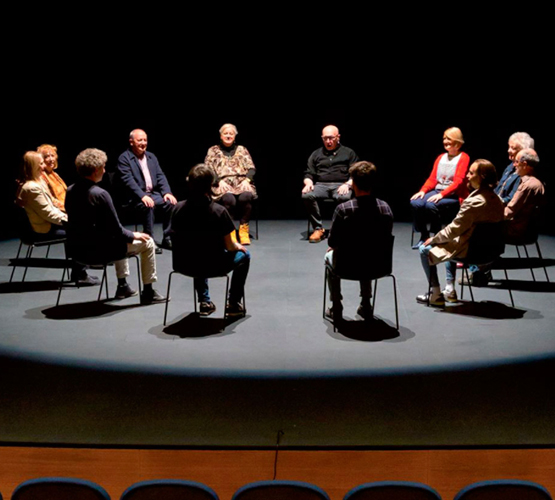
The cast shares in a circle
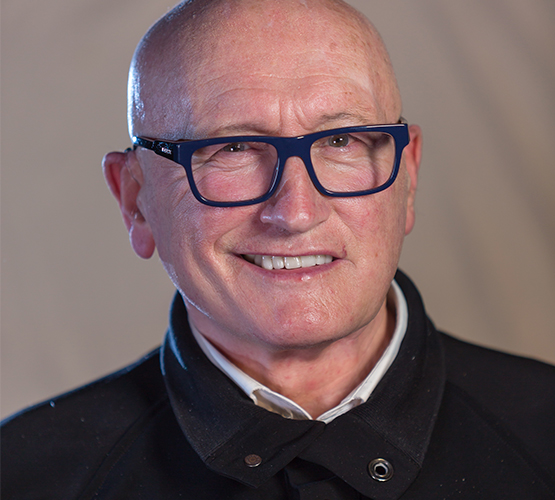
Vicente Apezteguía
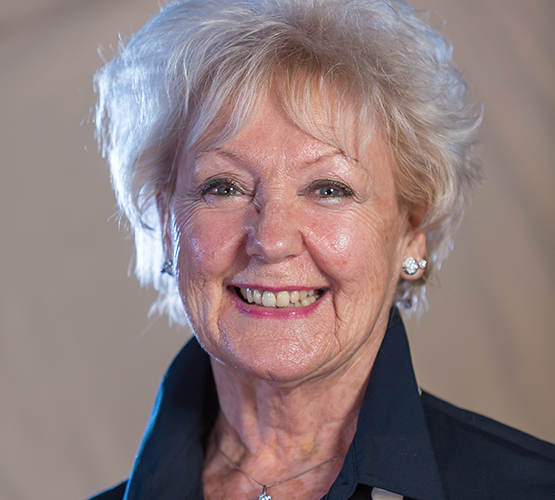
Mayte Baynes
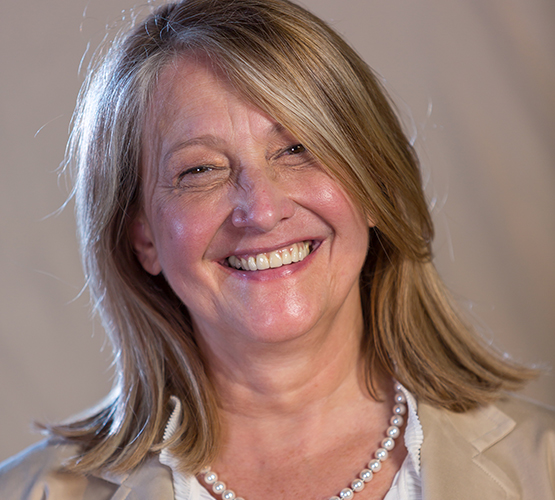
Ivonne Baptista
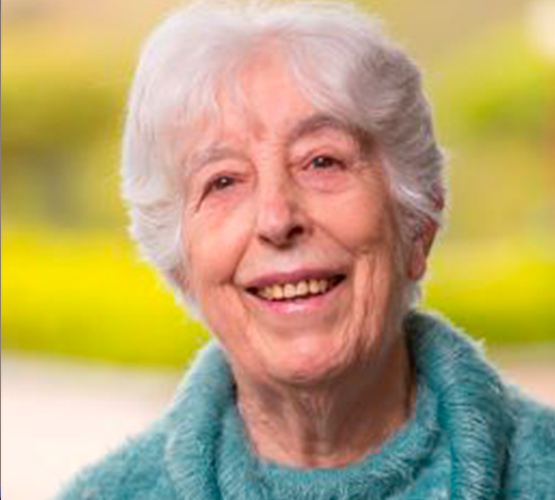
Isabel Cabanellas
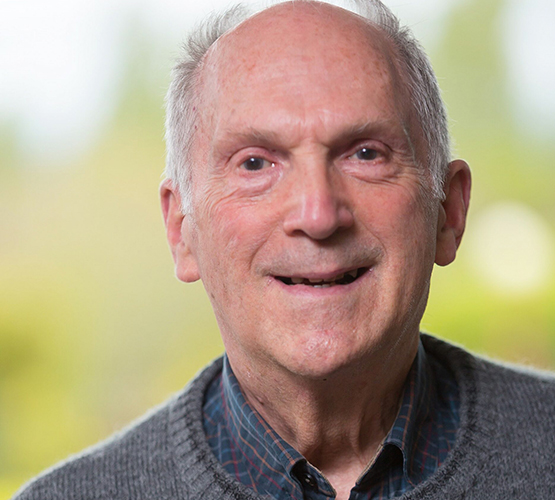
Antonio Eslava
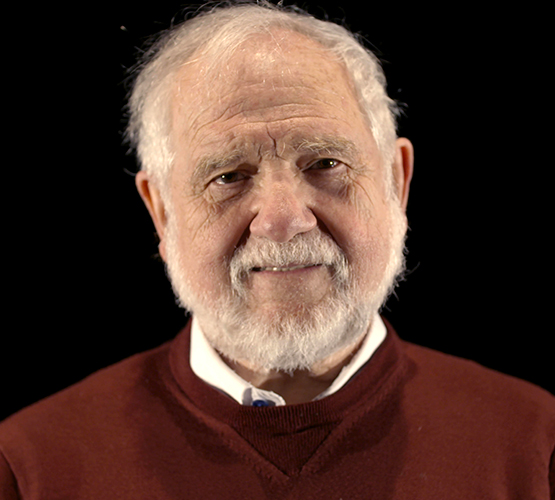
Jesús Hernández Aristu
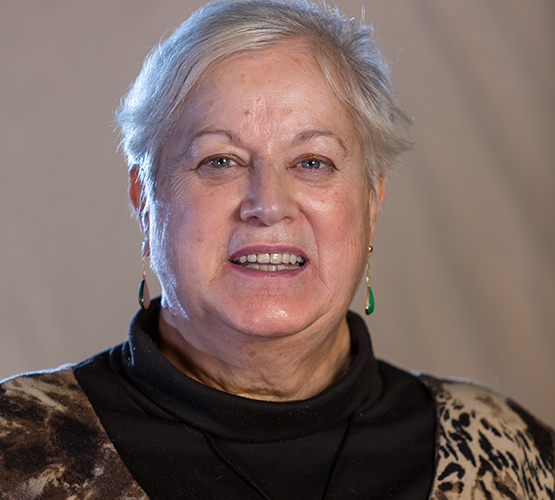
Maite Montes
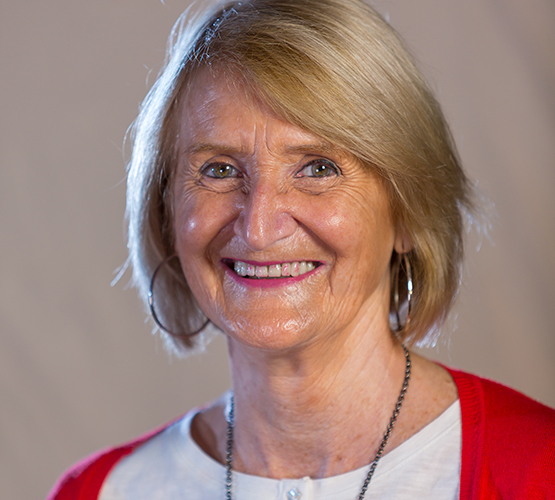
Maite Oreja
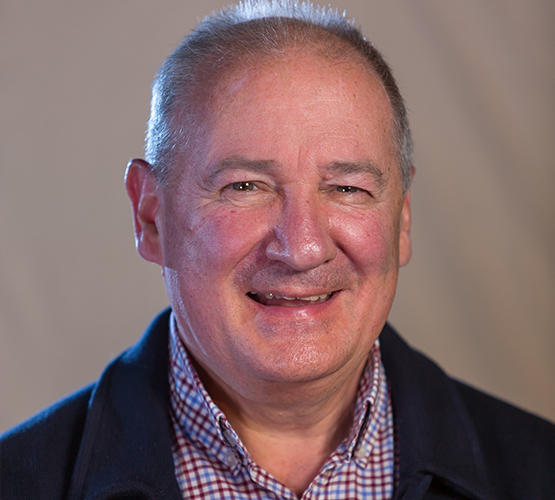
Ramon Poza
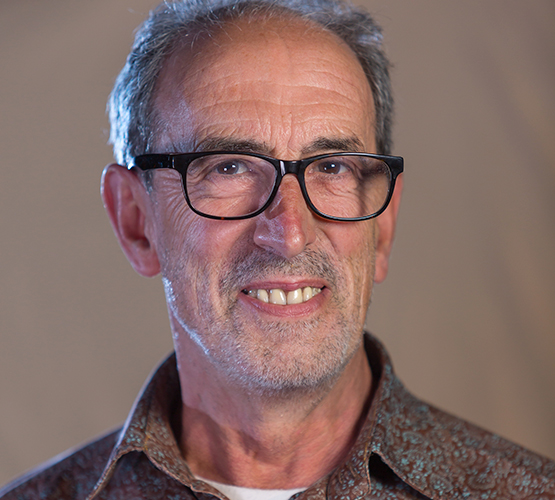
Francisco Javier Salvo
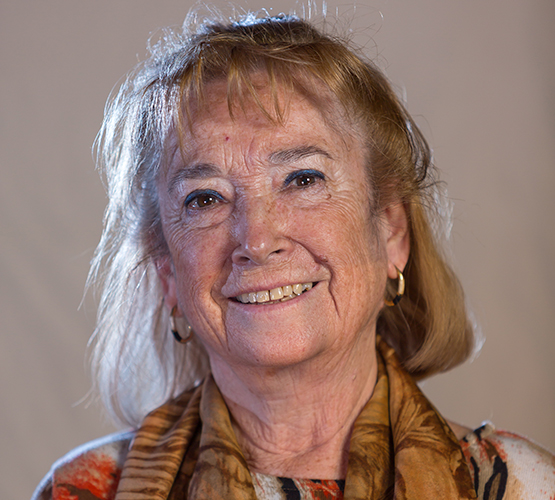
Teresa Zarzoso
Artistic team
|
|
José Manuel Garrido He is one of the key names in Spanish theater and cultural policy since the Transition. His most recent professional career includes the artistic direction of performing arts and music at Museo Universidad de Navarra, where he previously participated as a consultant throughout the process of creating the theater integrated into the museum, signed by architect Rafael Moneo. José Manuel Garrido has directed the Teatro de Madrid for 10 years, from where he promoted the "Cartografías de la danza" cycle and turned the center into the only theater specialized in dance at the time. Director General of Music and Theater of the Ministry of Culture, during his ministerial period José Manuel Garrido founded the National Institute of Performing Arts and Music -INAEM-, created the National Classical Theater Company, the National Youth Orchestra of Spain -JONDE-, the Center for the Diffusion of Contemporary Music -currently CNDM-, the National Center for New Performing Arts Trends and promoted the Almagro Festival. He also launched the National Plan for Halls and Auditoriums and the rehabilitation of public theaters in collaboration with the Ministry of Public Works and promoted the conversion of the Teatro Real into an opera house. José Manuel Garrido is in possession of several awards and recognitions to his career both nationally and internationally. |
|
|
Tomás Muñoz Painter, set designer, lighting designer and stage director. He received his first artistic training in the studio of his father, a painter and collector. He graduated in Fine Arts (1987) and in Geography and History (1989). He received his doctorate in Fine Arts from the Complutense University of Madrid with an extraordinary doctorate prize (1992). He has been a scholarship holder of the Spanish Academy in Rome in the modality of Scenic Arts in 2003. He studied opera direction and staging with Simón Suárez and scenography with Carlos Citrinovsky, with whom he worked as assistant at the Compañía Nacional de Teatro Clásico. He has done scenography assistantships at the Teatro de la Zarzuela in Madrid and at the Covent Garden in London. As a set designer and lighting designer he has worked on more than forty theater, dance, zarzuela and opera productions premiered on the main Spanish stages. His latest work was the lighting design for Un bar bajo la arena for the Centro Dramático Nacional. As stage director he has directed the operas Pierrot Lunaire by Schonberg (Teatro Gayarre de Pamplona), Vanitas by Sciarrino (Teatro de la Maestranza de Sevilla), Trouble in Tahiti by Bernstein (Teatro Real de Madrid), Mozart's The Abduction from the Seraglio (Teatro Gayarre), Donizzeti's La Favorita (Teatro Campoamor de Oviedo), Pérez Maseda's Bonhomet and the Swan (Teatro de la Abadía de Madrid), Musorgsky's The Marriage (Teatro Real), Donizetti 's Don Pasquale (Teatro Real), Così fan tutte by Mozart (Auditorio Baluarte de Pamplona), Cendrillon by Viardot (Fundación Juan March) and Fantochines by Conrado del Campo (Fundación Juan March / Teatro de la Zarzuela), Dos delirios sobre Shakespeare by Aracil (Teatros del Canal / Teatro Real), the double bill El Pelele / Mavra de Gómez / Strawinsky (Fundación Juan March / Teatro de la Zarzuela), Los elementos de Literes ( Fundación Juan March / Teatro de la Zarzuela) and El teléfono de Menotti (Teatro Real), among others. For all these productions he has also designed the scenography and lighting. He is a full professor at the School of Architecture of the European University of Madrid. He has taught in several master's degrees in the performing arts and has given numerous lectures on creative lighting and scenography. |
|
|
Pepe Galera After graduating in Dramatic Art at the Escuela Superior de Arte Dramático de Murcia, Pepe Galera completed the Official Master's Degree in Dance and Movement Arts. He then traveled to the École International Philippe Gaulier in Paris and upon his return he began working as an actor and director in various companies in Murcia. At the same time, Pepe Galera began his career in the field of performing arts applied to social inclusion in various associations working with people in the field of mental health, cerebral palsy and functional and intellectual diversity. In this line, she will work for an NGO for homeless people, conducting theater workshops focused on emotional rehabilitation and the development of social skills. With this NGO, he will create the theater company MÁS, made up of homeless people and professional actors whose objective is to definitively combine social awareness and the performing arts. As a result, Pepe Galera creates and directs the play Postales para un niño, a show recommended by the Inclusive Theater Commission of La Red Nacional de Teatros. Postcards for a child was winner of the I Theatrical Contest of the Luchana Theaters of Madrid in 2018, won the Azahar Award of Performing Arts of the Region of Murcia to Social Theater and closed the XI Conference on Social Inclusion and Education in the Performing Arts organized by the INAEM. It has been performed throughout the national territory. As a pedagogue, Pepe Galera participates in European Erasmus+ projects, in education and performing arts with young people; he works with associations and centers for women over 65 years old; he teaches courses of disinhibition and social skills in educational centers to students with high abilities and conducts theater seminars in secondary schools and at the University of Murcia (UCAM). She also gives training courses for professional actors and collaborates with the Escuela Superior de Arte Dramático de Murcia as assistant director of the final project in the specialization of Creative Theater. As an actor and creator, Pepe Galera won twice the Creajoven Contest of the Region of Murcia. The first time will be with his work Platos Rotos (Broken Plates), a collective creation, and later with Greetings. Desde los pantanos, a buffoon show directed by Rocío Bernal and the first creation of his own company: Cía Deconné. |
|
|
Dani Panullo Eclectic creator of dance, Dani Pannullo abandons some of the most avant-garde proposals of the current scene. Hip hop dance, butoh, cabaret, performance, gymnastics and contemporary dance are part of the creative universe of this choreographer, in continuous search and research of what he calls "total discourse". Under the name Piezas de la danza de hoy, Dani Pannullo contains a varied and coherent trajectory, which began many years ago in his native Argentina. There he trained in dance and theater, and from there he landed in Madrid in the mid-80s, where he began his first professional steps under Productos Lola, a pioneering group that included designer David Delfín and actress Mariola Fuentes, among others, with whom Panullo continues to collaborate today. Attentive to the street as a fundamental source of new dance movements, and respectful observer of the most varied disciplines, Dani Pannullo formed his own company in 1999, introducing with it an innovative concept of spectacle in the dance scene of the country. The Dani Pannullo Dancetheatre Co, formed by dancers from the most varied dance styles. Communion (1999), Yukkuri, from break dance to butoh (2000), Orden de aparición (2003), Oro negro (2004), first hip hop musical, Tiranah. Cabaret-Hip Hop (2005), Quijote Hip Hop (2005), the series of shows Desordances, premiered from the first to the fifth installment (between 2006 and 2010), and Uirapurú (2011), are some of the works signed by Dani Pannullo at the head of his company. He has collaborated with the Museo Universidad de Navarra in the work ATLAS MAP OF MOVES, in which he combines his street inspiration with the imaginary of photographer José Ortiz Echagüe. This work and the choreographer's creative process are the protagonists of the third volume Cuadernos de Creación. Dani Pannullo that the Museum publishes to show the work behind the works. |
|
|
Nuria Garro Nuria Garro Gil (Pamplona, 1986) is a Pedagogue and Psychopedagogue. She obtained the International Doctorate in Education with the doctoral thesis La relación de cuidado en la familia, recognized in the 2016 Tomás Belzunegui Awards of the Navarre Society of Geriatrics and Gerontology in the category of Doctoral Thesis. She is currently Director of Quality at IDEA and collaborates with the VOICES research group at the Faculty of Education and Psychology, where she teaches undergraduate and graduate courses as an External Lecturer. Previously, she was Assistant Professor Doctor between 2014 and 2019 at the same faculty. And between 2009 and 2016 she collaborated with the Fundación Profesionales Solidarios de Pamplona in the design and development of volunteering and sociocultural animation projects in the field of aging and elderly people and international cooperation. She is the author of scientific publications, has participated in projects and research groups and since 2013 she has been writing the blog Aging and Education. |
|
|
Ibis Albizu Ibis Albizu holds a PhD in Philosophy from the Complutense University of Madrid, after completing a bachelor's degree and two master's degrees in the same specialty. After studying dance, her doctoral project was funded by different institutions, such as the emblematic Residencia de Estudiantes (CSIC). She has taught at the Faculty of Philosophy of the UCM and has carried out research stays in universities such as Paris VIII, and in documentation centers such as the archive of the Opera Garnier (BNF). As a postdoctoral researcher, she has carried out stays in institutions such as Faber Residency. She is the author of the book Entreactos. Essays on Philosophy and Dance (2017) as well as numerous articles, and has lectured in different cities in France and Spain, where she practices as a dance critic. Her line of research, which combines aesthetics and politics, focuses on dance theory and the conceptual construction of modernity. Since 2019 she has been a regular contributor to Museo Universidad de Navarra. |
|
|
Teresa Lasheras Director of Performing Arts and Music at Museo Universidad de Navarra, where she has worked since 2016 dedicated to performing arts and music, first in communication and marketing work and later as head of production and deputy artistic director. In this project she contributes as coordinator working in close collaboration with the artistic creation team and with the team of expert advisors who have collaborated in this production. |
To the team, they combine their know-how
Audiovisual
From the company Acrónica, in the audiovisual aspect.
Technical coordination
Technical Director of the Theater Museo Universidad de Navarra.
The project is open to the collaboration of experts from various fields of different scientific disciplines such as philosophy, psychogeriatrics, neurology or fashion.
A project within
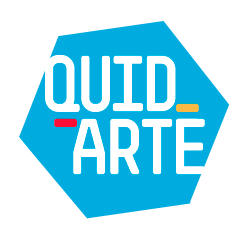
With the collaboration of

With the support of

